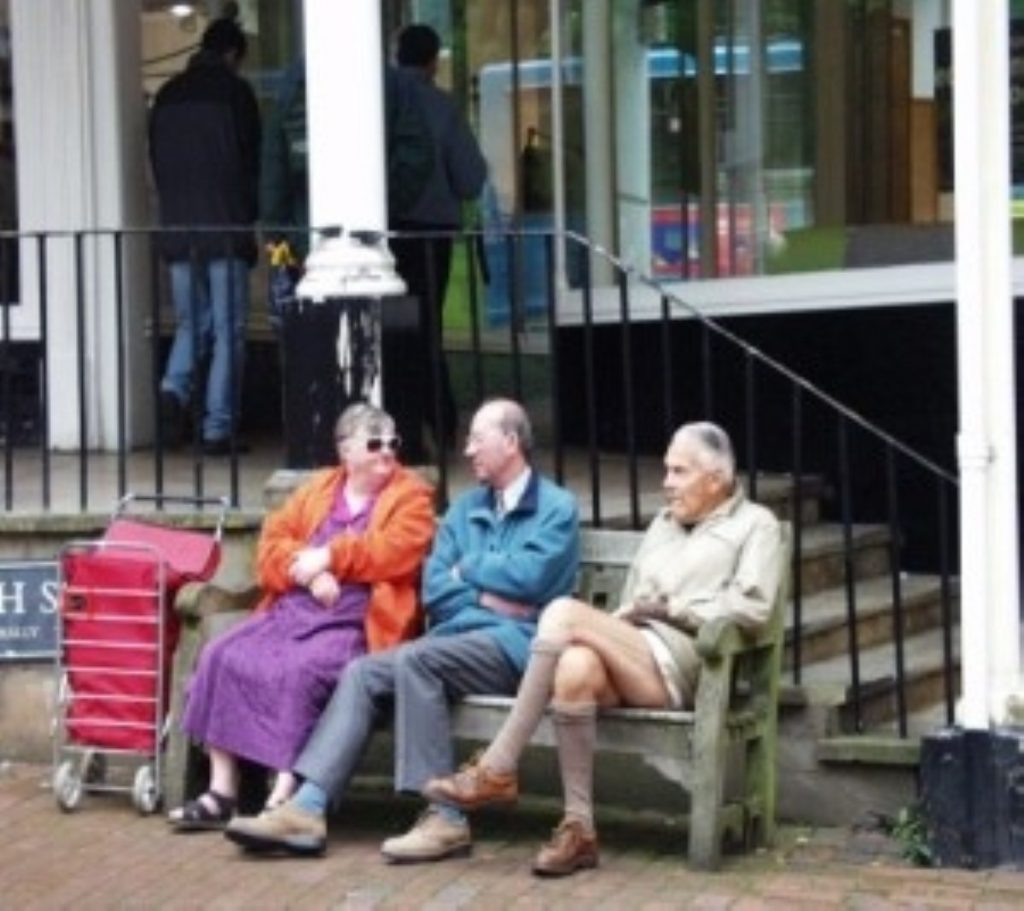Pensions saving ‘reaching crisis level’
Britain is facing a future pensions crisis, with a third of workers failing to save enough towards their retirement, the Association of British Insurers (ABI) has warned.
According to research carried out by the industry body, 36 per cent of workers are not saving enough for their retirement, with 80 per cent putting no money aside at all.
The ABI estimates that Britons need to increase their saving by £27 billion a year if they are to live comfortably in retirement.
However, a recent survey by the group shows that, despite having little faith in state provision, many people are confused by the choices available to them and discouraged from saving by means-tested benefits.


The study found 10 million people in Britain are currently not saving enough to ensure an adequate income in retirement.
A quarter of those not saving at all said they thought there was little point in doing so as it would reduce the state benefits they were entitled to.
But just two per cent of respondents said they thought the state would provide adequately for their retirement, while 71 per cent thought they would receive a subsistence income or pocket money.
Despite these misgivings, more than a fifth (22 per cent) of workers said they would be relying on the state pension for their retirement income.
Only four per cent of people surveyed said they are confident they will have enough money in retirement.
A third of those surveyed said they had invested in property for their retirement, rather than concentrating solely on a pension fund.
House prices soared by 25 per cent last year, while many company pensions schemes have closed and recent scandals surrounding pension schemes have made workers wary of them.
The ABI pensions and savings index, developed in partnership with YouGov, found 66 per cent of respondents thought property was the best long-term investment.
The ABI’s head of pensions and savings, Joanne Segars, commented: “Our survey paints a compelling picture of people who want to take responsibility for their retirement but are worried and uncertain about how to do so.”

